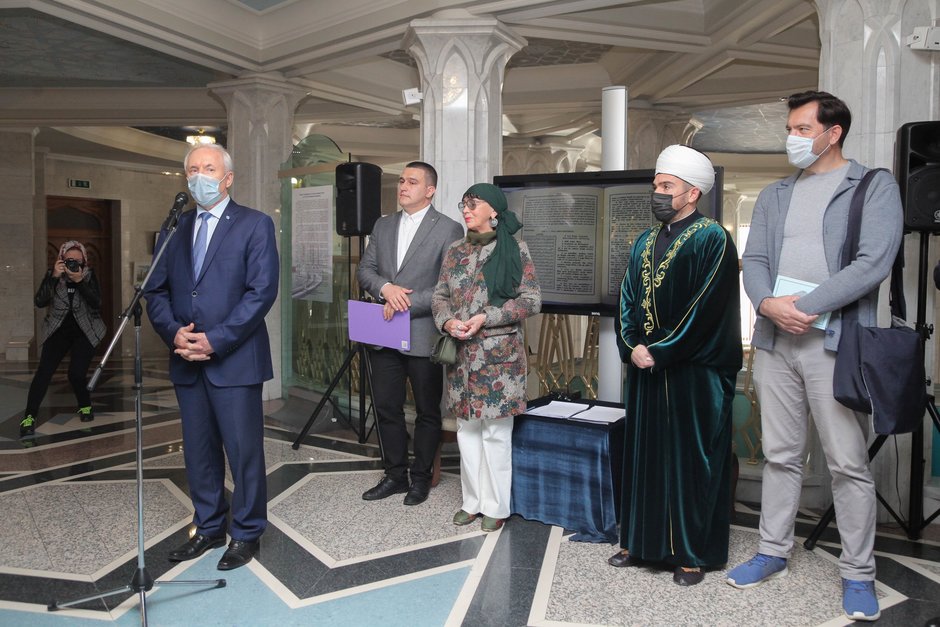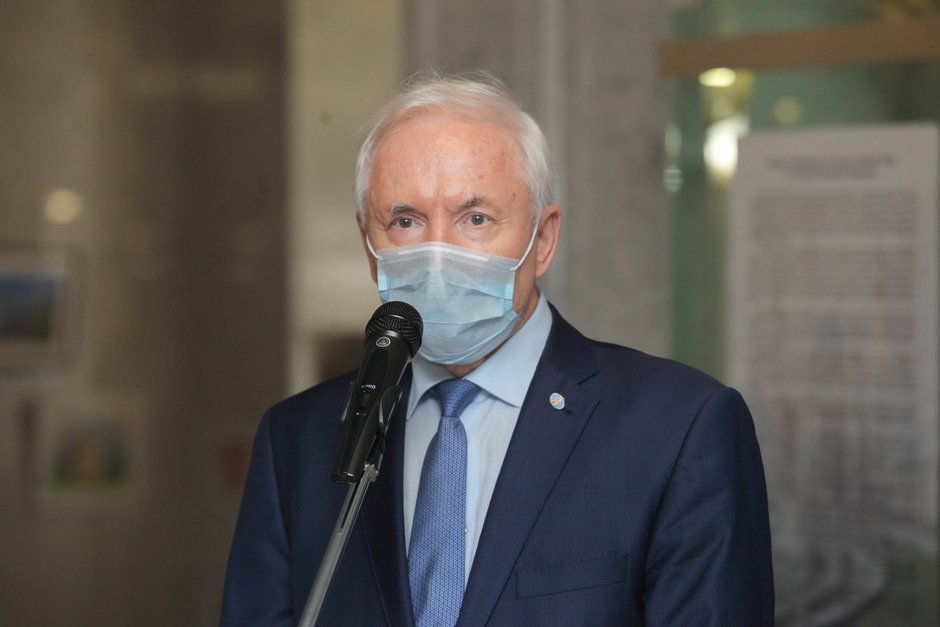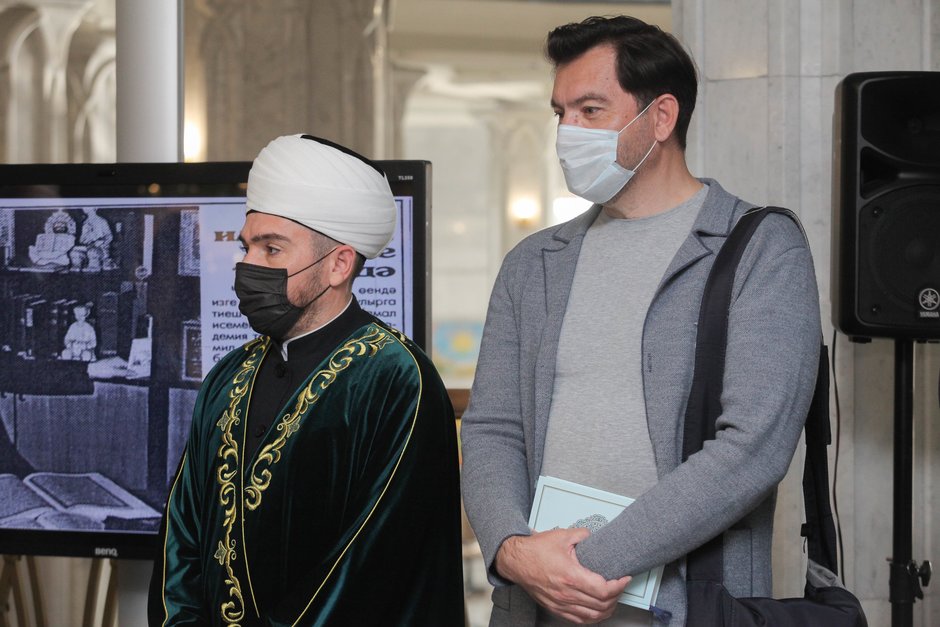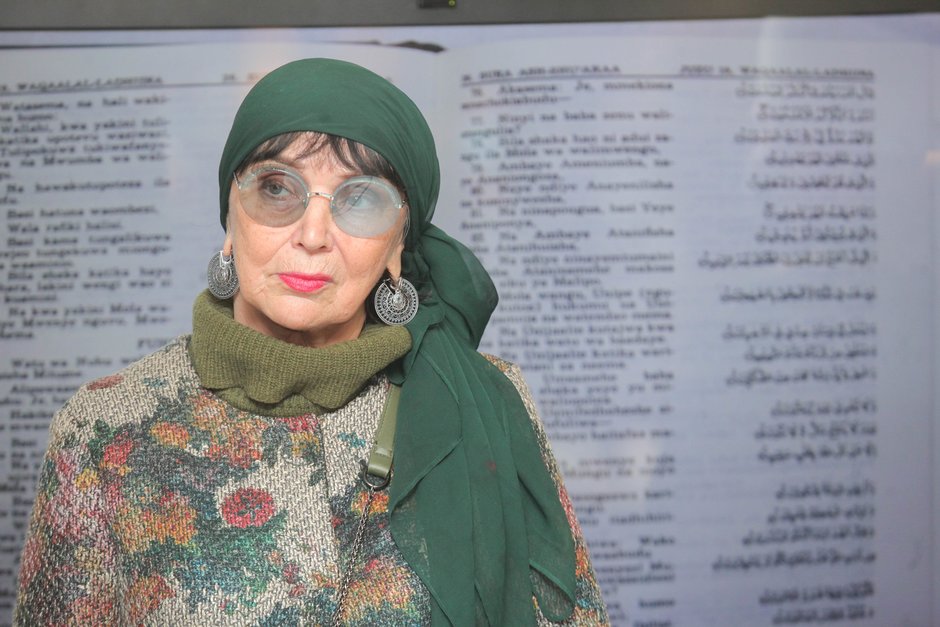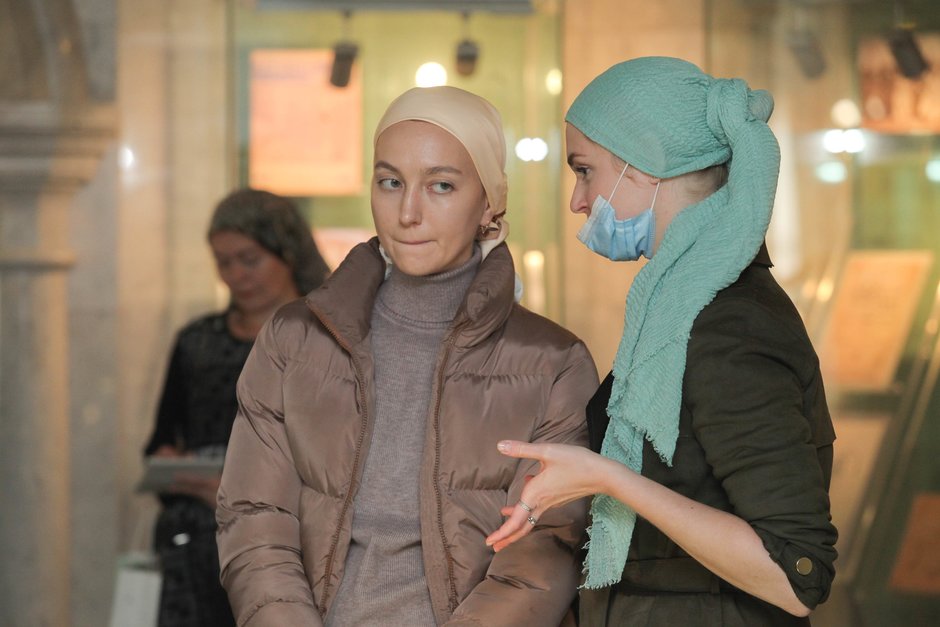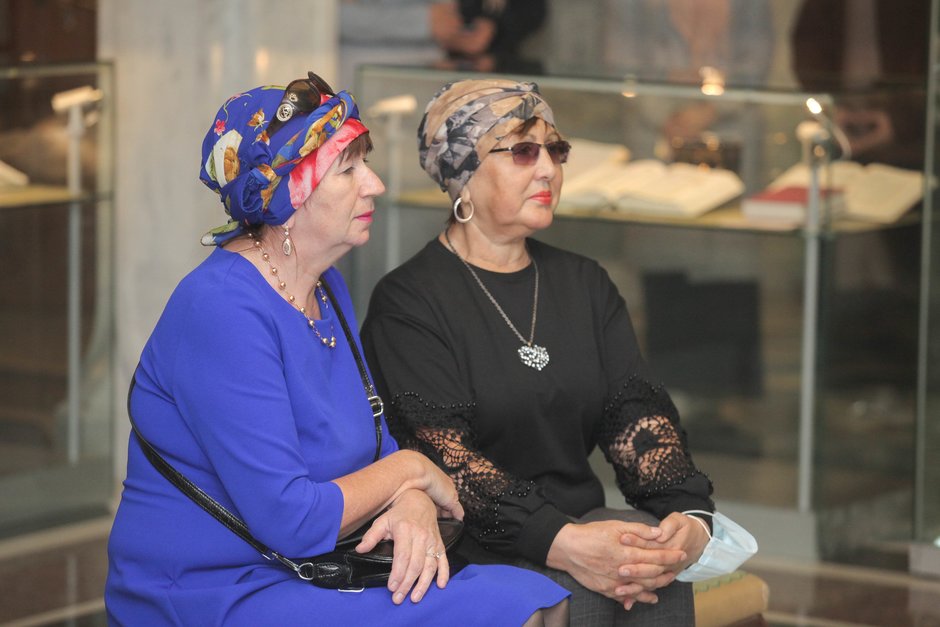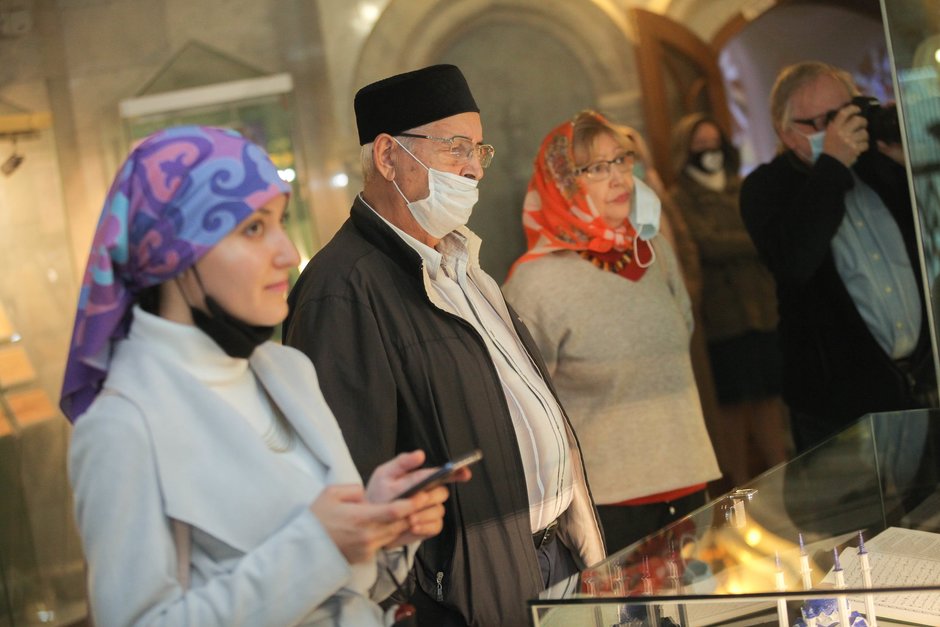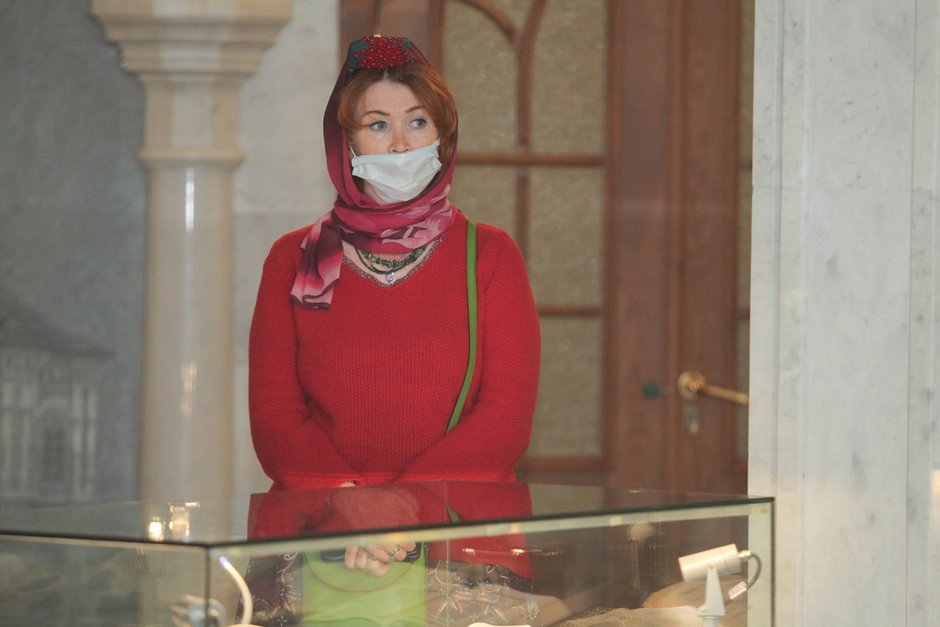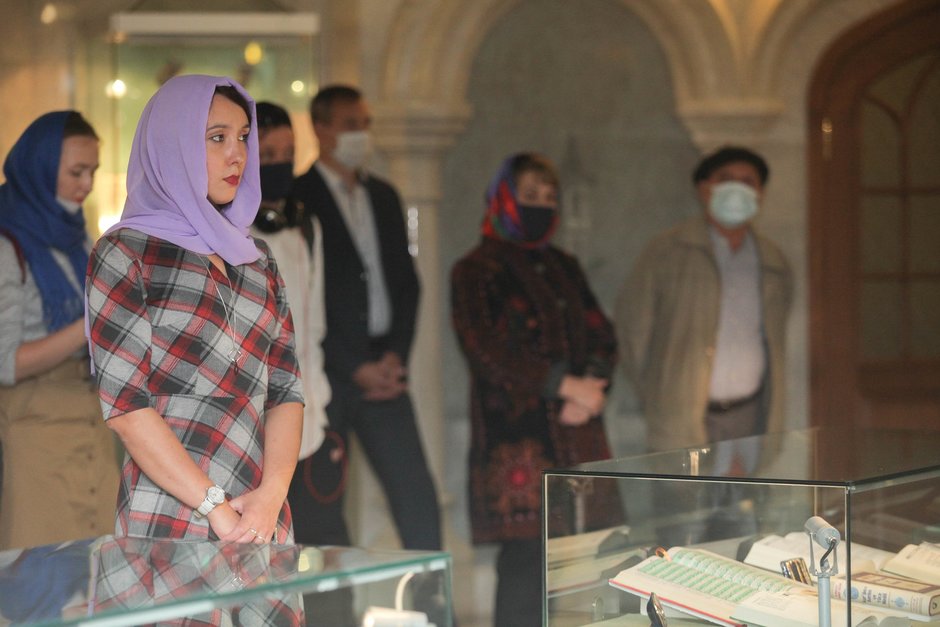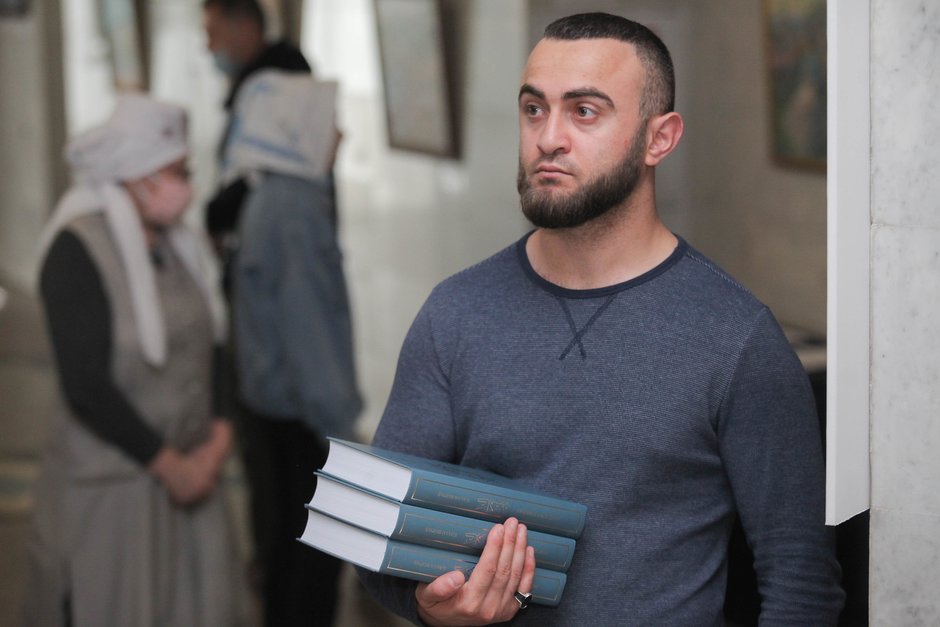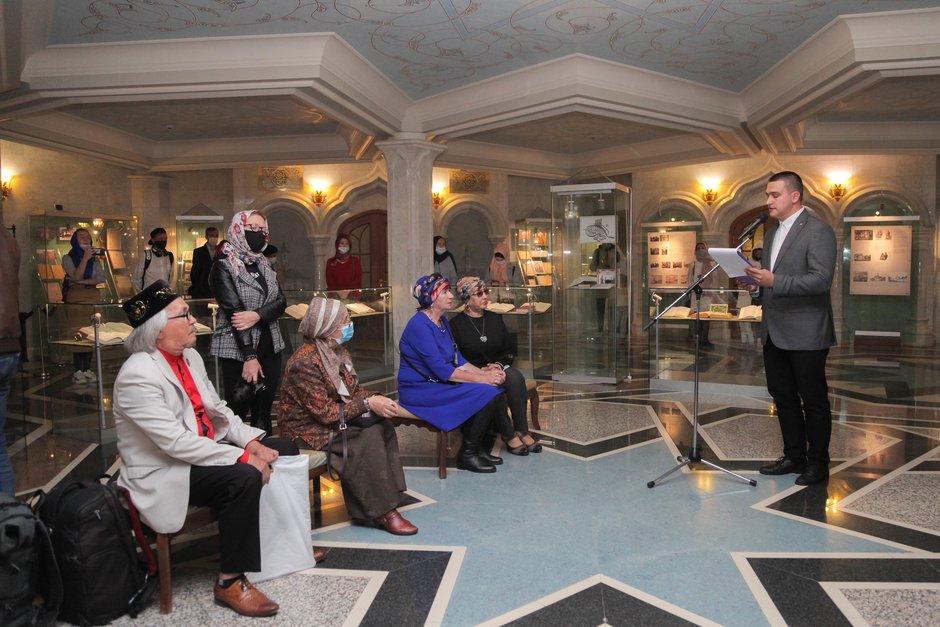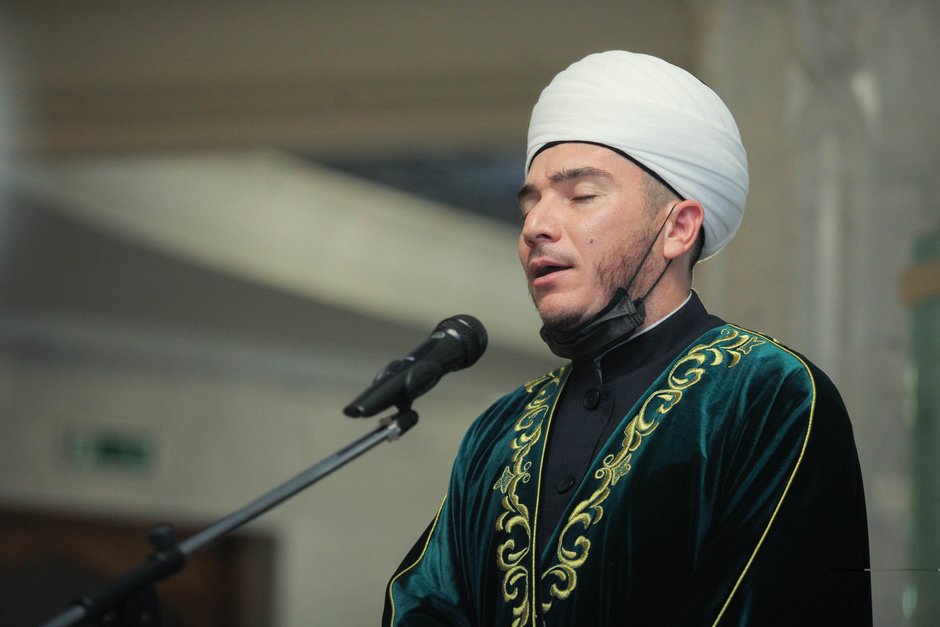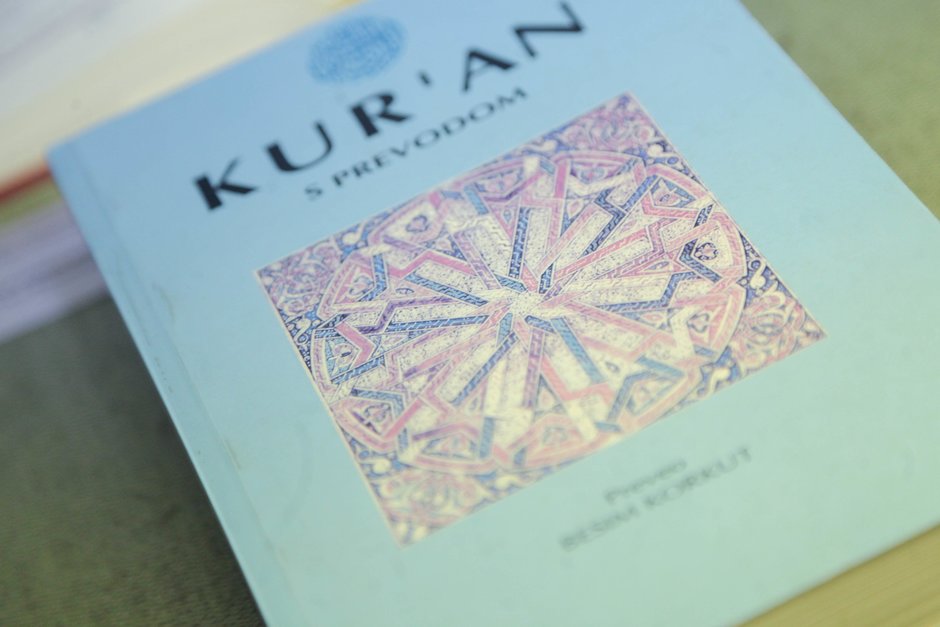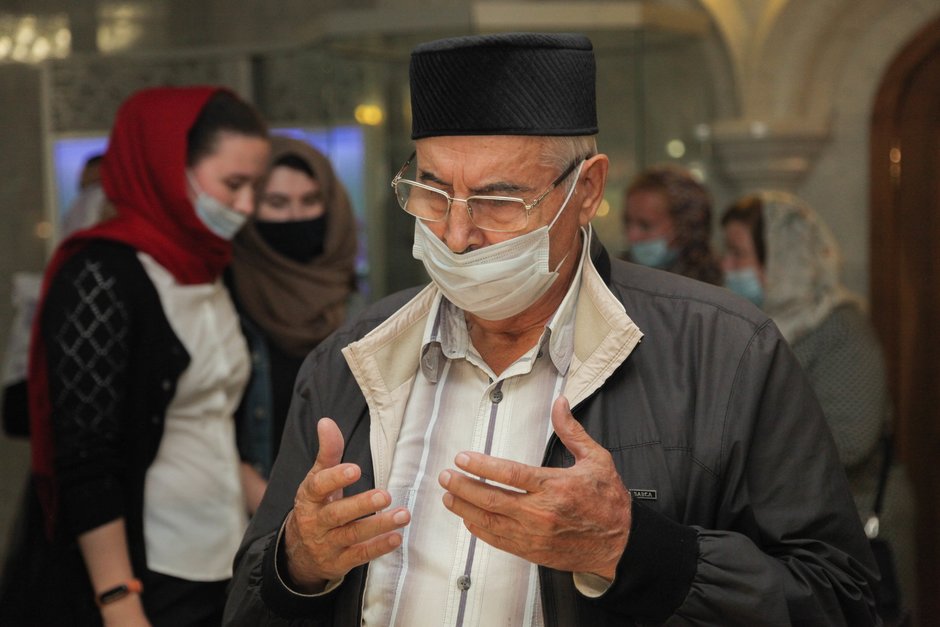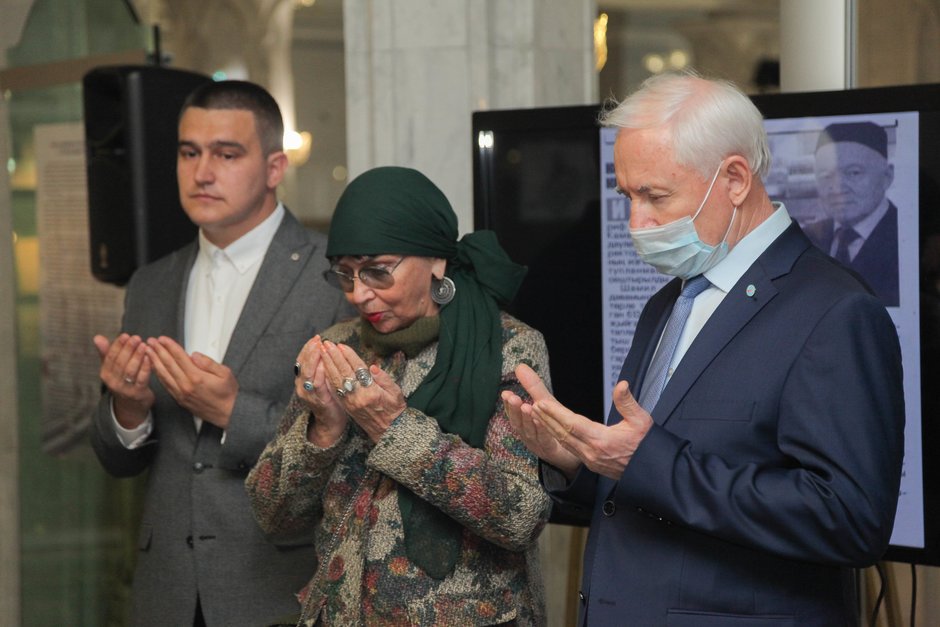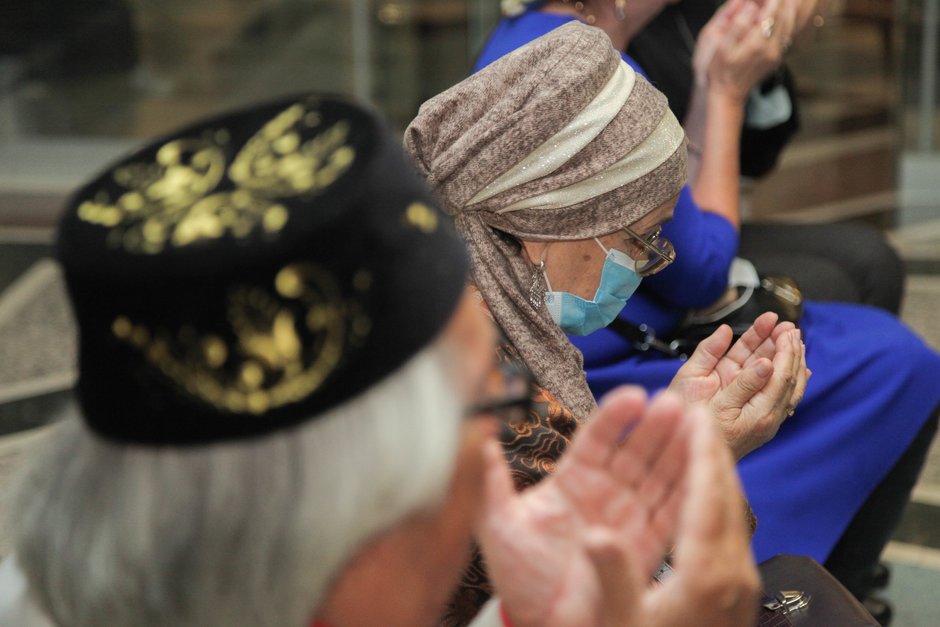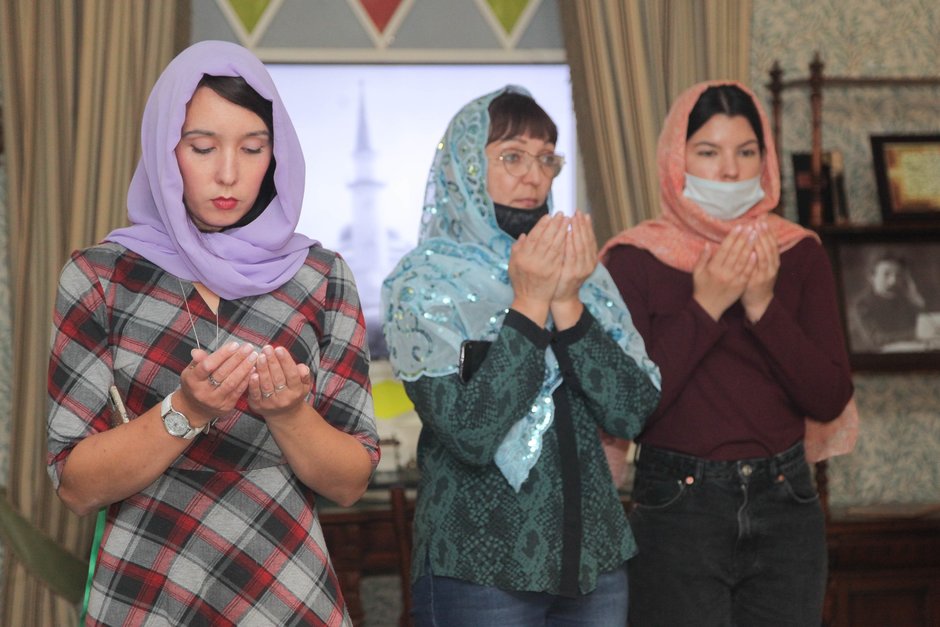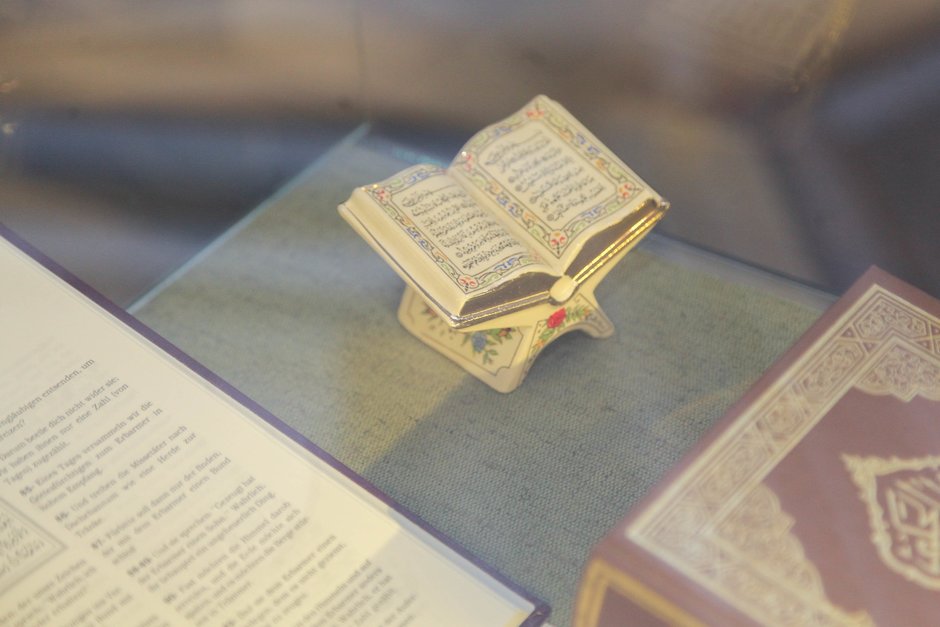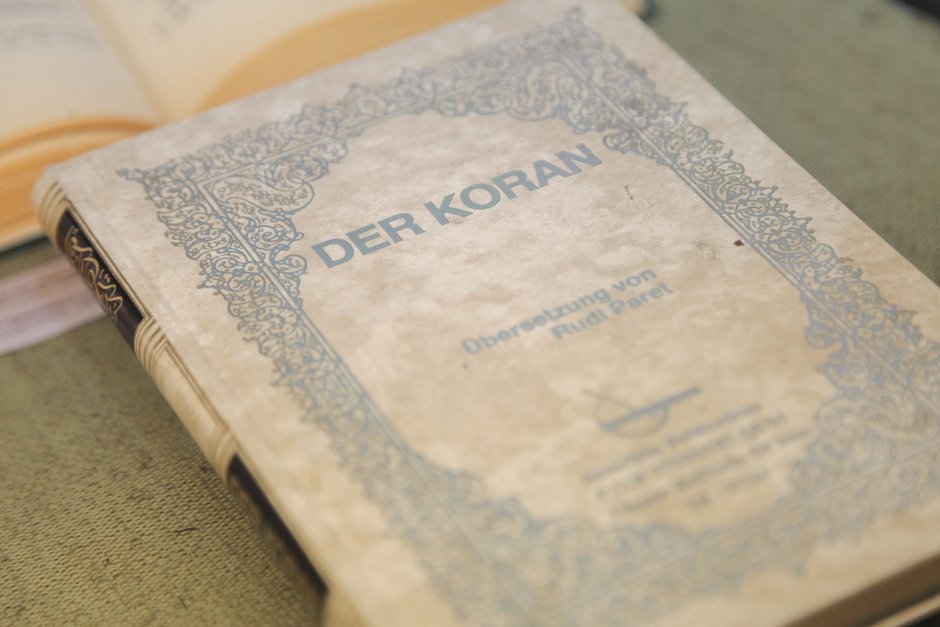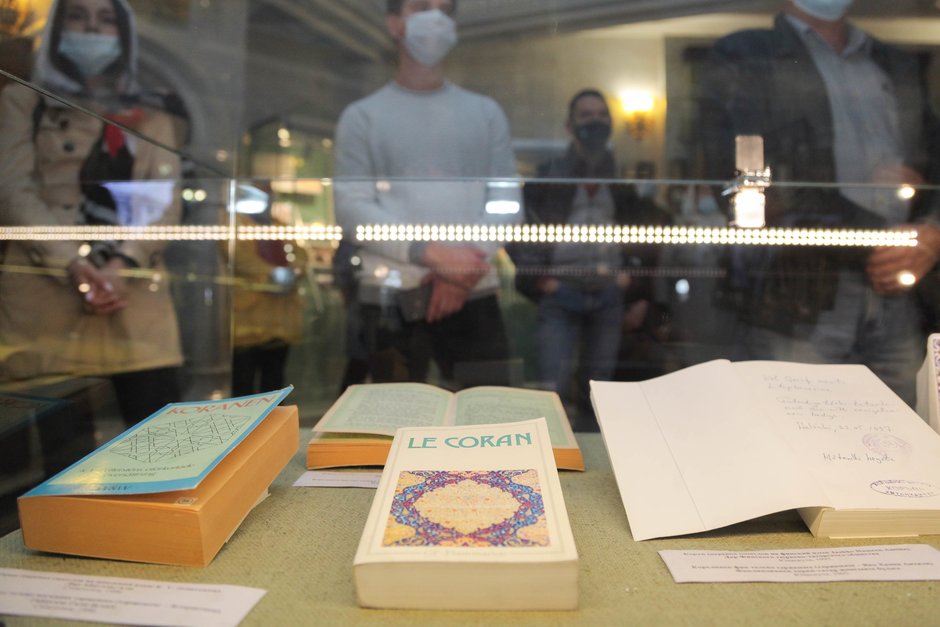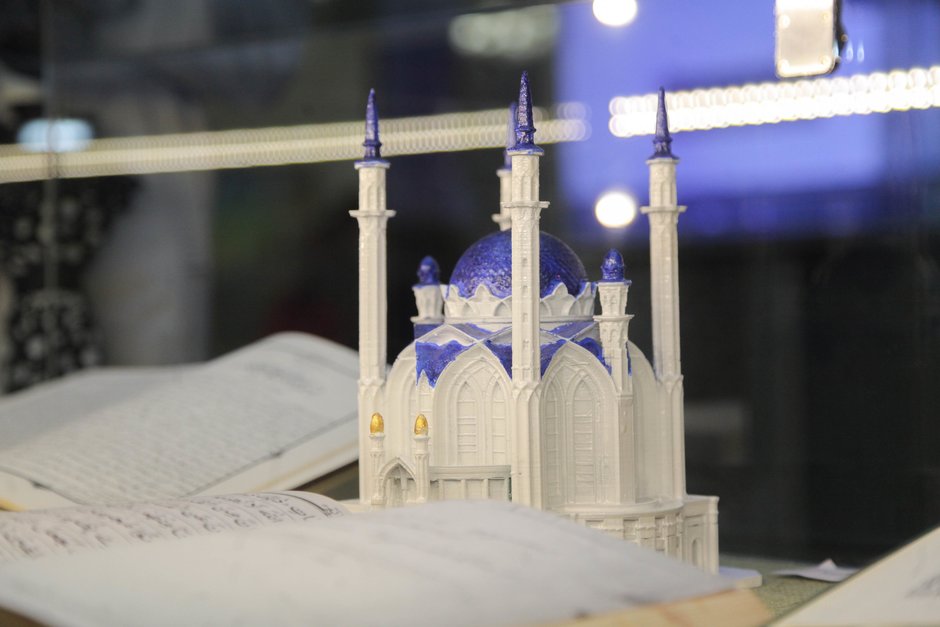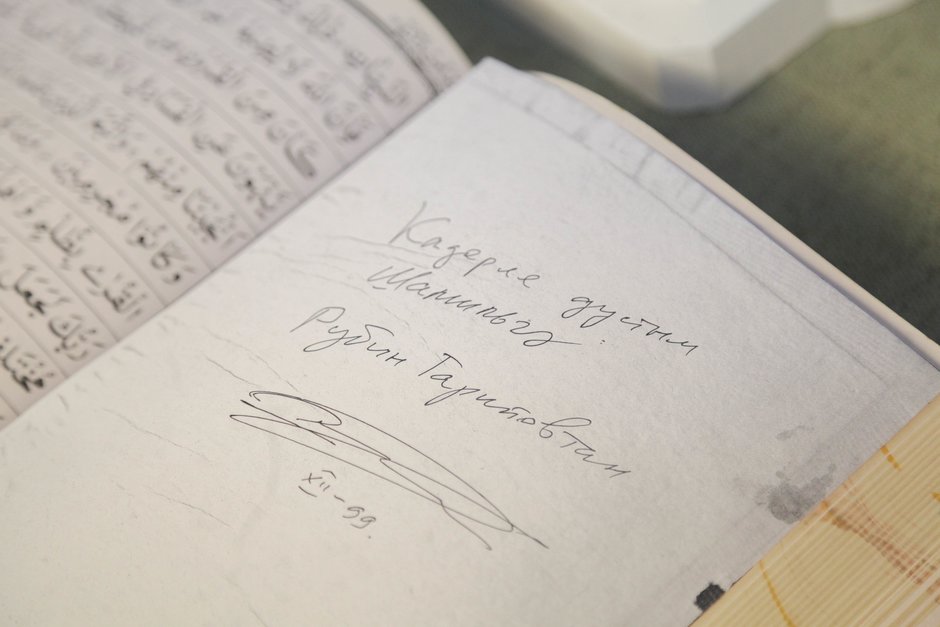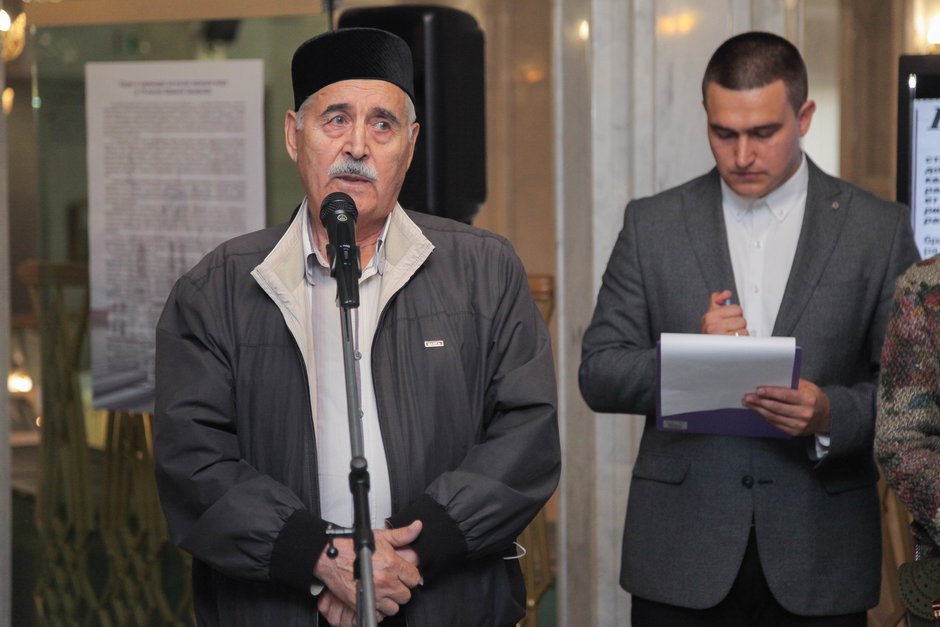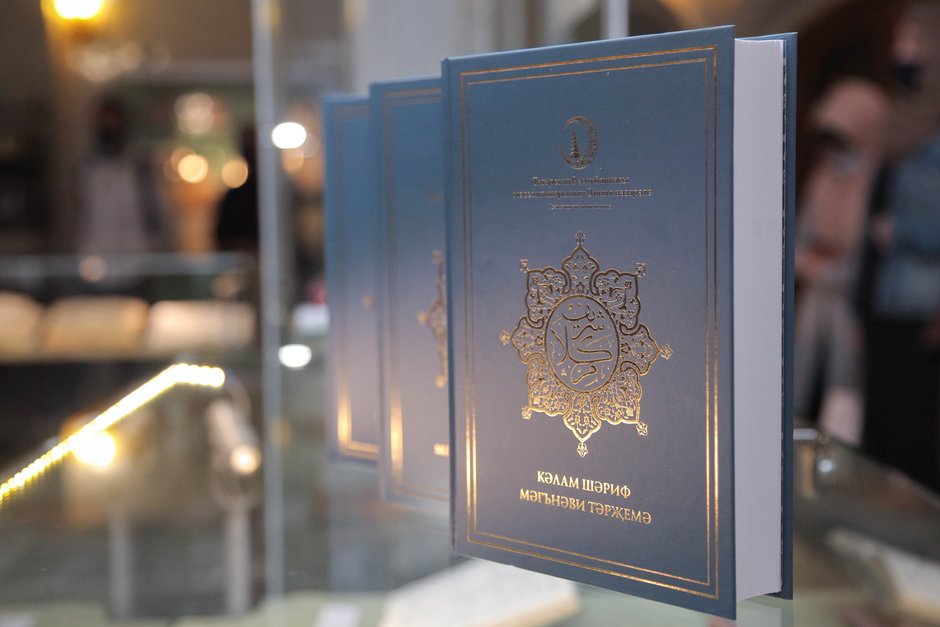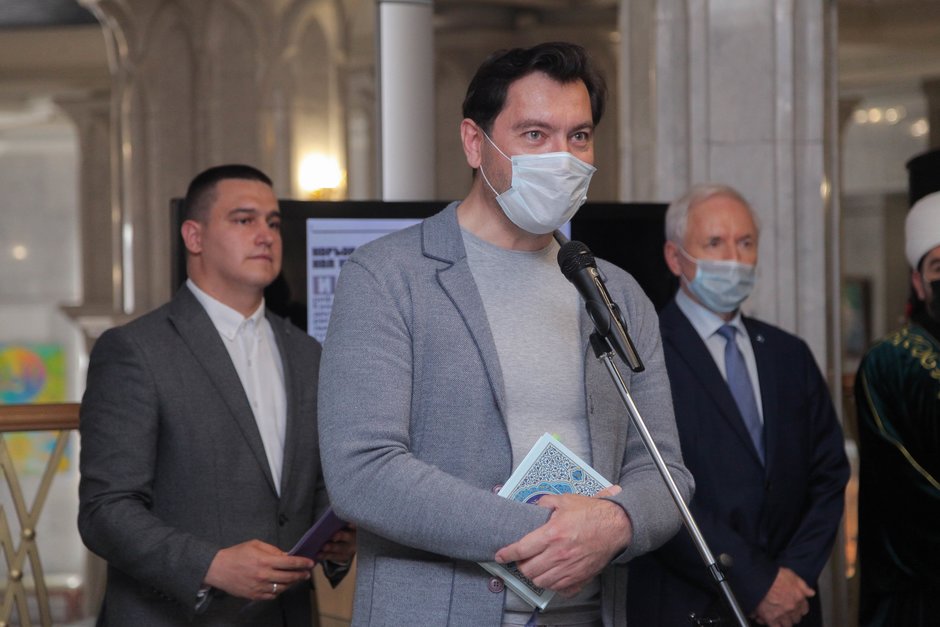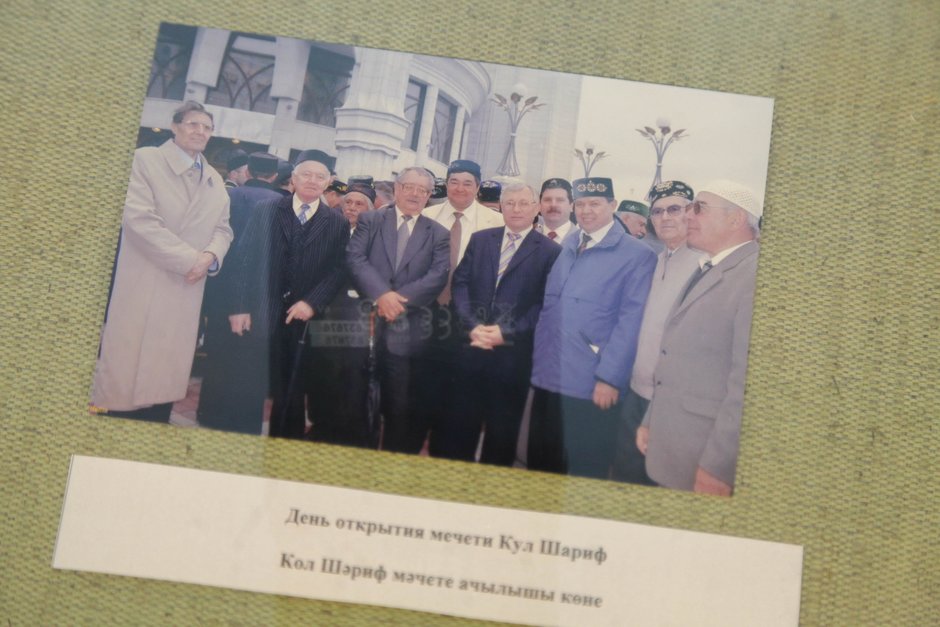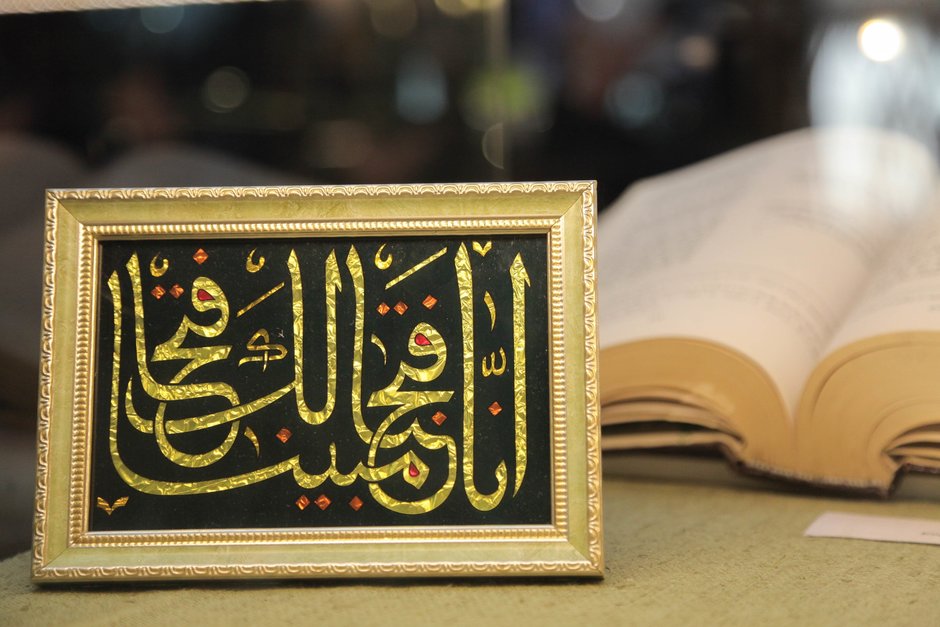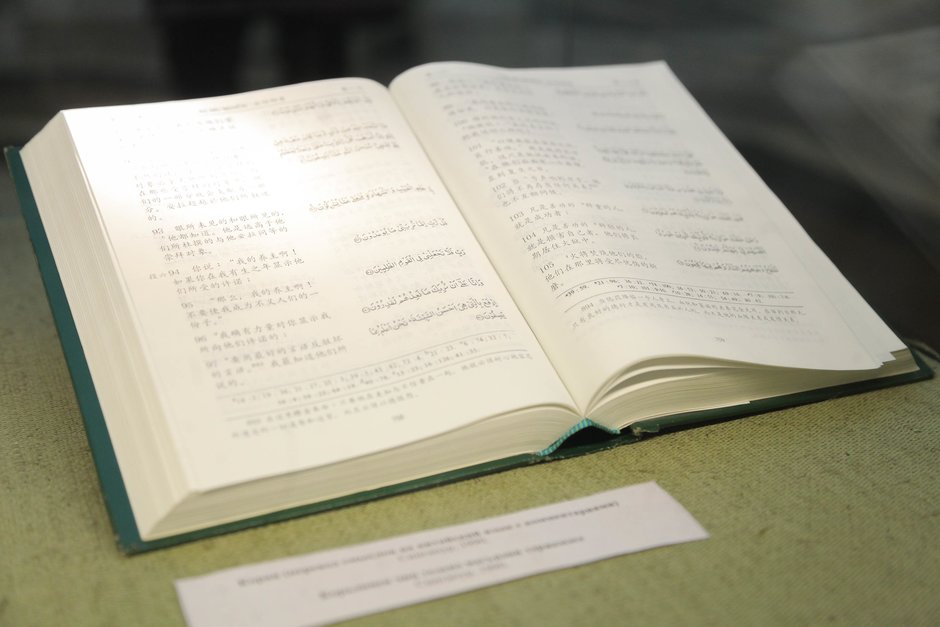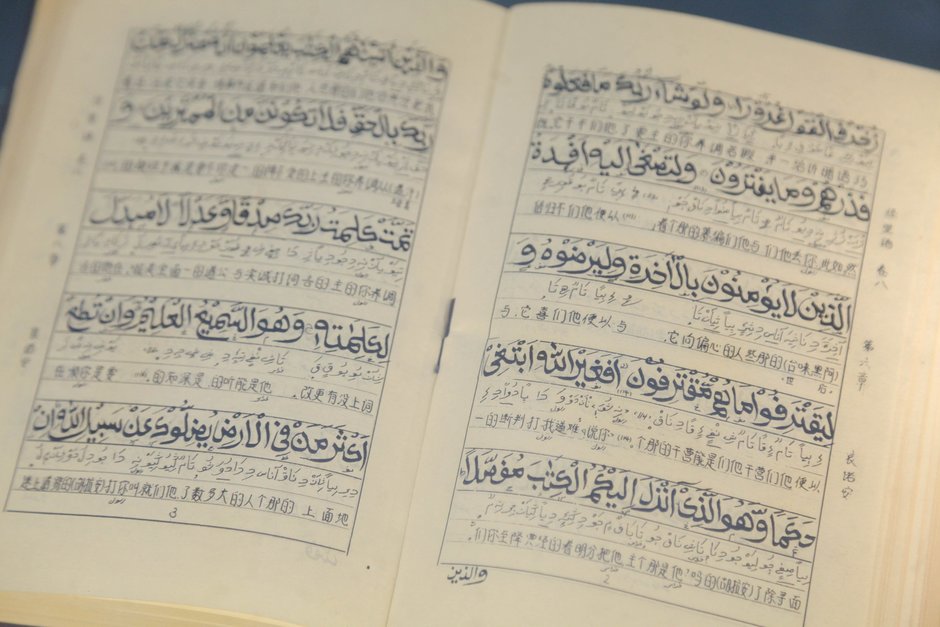“The library lives”: Exhibition of Korans by Kamal Theatre's Director opens in Kazan Kremlin
And this is only part of a large collection of 613 exhibits
The exhibition 'Koran in translations into the languages of the peoples of the world (to the 75th anniversary of Shamil Zakirov)' opened in the Kazan Kremlin in the Museum of Islamic Culture. It contains only part of the huge collection of the late director of the Kamal Theatre, which he gave to the museum-reserve in 2008. Since then, it has constantly participated in exhibitions not only in Kazan but also in other cities of Russia.
How Zakirov collected Korans
As Luara Shakirzyanova, fellow student of Shamil Zinnurovich and head of the theatre museum, recalled at the opening, the idea to collect Korans and religious literature came to Zakirov after visiting the house of the Tatar from Finland, Abdulla Ali, when he saw his rich library. How the collection was collected can be judged by the labels to the exhibits. For example, here is a Russian translation by Valeria Porokhova — a gift from the author, here is a gift from the UK. The Spanish translation was given to him by Maryam Apakay from San Francisco, the Paris edition of 1970 was given by Sabah Jamaletdin, and some of them Shamil abyy just went to a store and bought it.
Since the mid-1990s, he periodically exhibited books, jewelry and souvenirs in the lobby of the Kamal Theatre, so that word of his passion spread far, which led to regular gifts. This interest is not surprising — Zakirov was not just a director, his significance for the Tatar theatre of the second half of the 20th century and the beginning of the 21st is no less important than the merits of directors, playwrights and other stage servants. As actor Aydar Khafizov recalled, the entire square in front of the theatre was filled at Zakirov's funeral.
Will there be a library?
Shamil Zakirov was born in 1945 in the village of Narat-Yelga in the Chistopol district of the Tatar ASSR. He has two degrees, he graduated from the Kazan Institute of Chemical Technology and postgraduate studies at the Krupskaya Leningrad State Institute of Culture. He worked at school, was an instructor of the Tatar Regional Committee of the Komsomol, teacher of the Kazan State Institute of Culture, director of the Naberezhnye Chelny Palace of Culture Energetik, head of the Culture Department of the Executive Committee of the Naberezhnye Chelny City Council, and from 1985 — director of the Kamal Theatre, which just at this time found a permanent address near Kaban Lake in a new building. With directors Marsel Salimzhanov, Farid Bikchantayev, Damir Sirazeyev and others, he formed a new, post-Soviet Tatar theatre. Also under Zakirov, the Tantana award was invented.
Returning to the theme of the exhibition — it is known that Zakirov after a while began to mark the volumes with the seal 'The ibrary of Korans of the Kul Sharif Mosque'. This is related to his dream. The director began to collect, in fact, from the moment the foundation stone was laid in the mosque. In his view, the entire collection should have turned into a real library, as it was, they say, under the historical Kul Sharif.
In 2008, Zakirov gave Korans, translations, and souvenirs to the Kazan Kremlin, and then the first exhibition was held. The press actively wrote about this event, notes are presented in the exhibition. For example, it is known that one book was stolen — they coveted the gold decoration…
Now the Kremlin has 613 storage units left from Zakirov, who died on February 26, 2012. These include 66 Korans, 230 translations (Russian, English, Polish, Portuguese, Finnish, Japanese, Urdu, Hindi, Chinese and others — 27 languages in total), 146 other religious publications, as well as 171 items of decorative and applied art and souvenirs.
Yes, the director of the Museum of Islamic Culture, Ilnur Nizamiev, notes, Zakirov's collection did not turn into a library at the mosque. “Now everything is stored in our funds, and we actively use books in our exhibitions, not only in Kazan — now, for example, part of it goes to Tyumen. It would be strange to turn a collection into a collection of books. First, the Book itself is one, it is unchangeable. Translations are easy to find online in two clicks. And there is no expert who, for example, would compare all translations of meanings. So the library lives in such an active form.” The essence of the exhibition, Nizamiev notes, is to show its humanity, the search for new artifacts, gift inscriptions, and how the formation of the collection became another meaning of the life of the already active figure.
The exhibition will be open until the end of October 2020.
